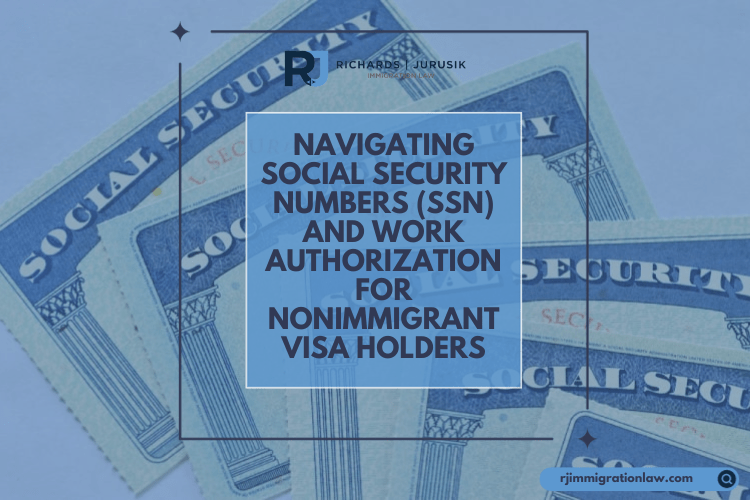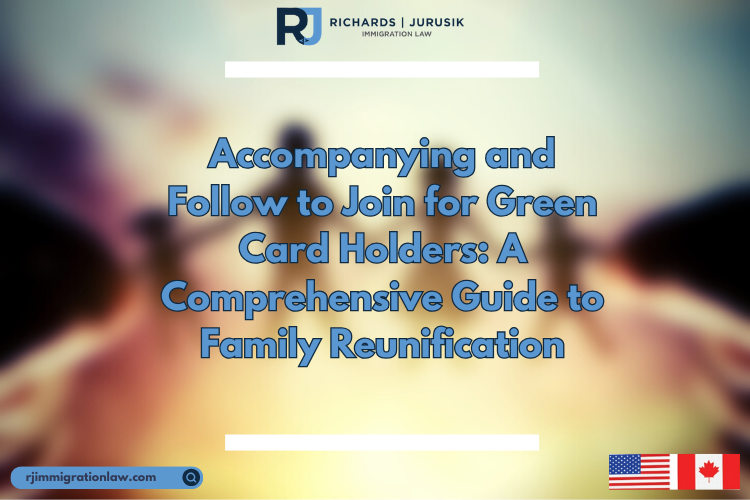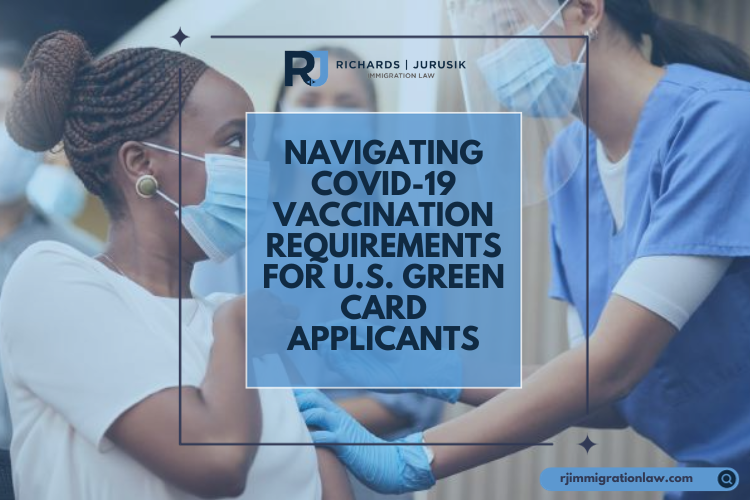The H-3 nonimmigrant visa category is a unique pathway for individuals seeking training and professional experience in the United States. This category is specifically tailored for those who require instruction and training that may not be readily available in their home countries. It’s an opportunity that opens doors to invaluable international experience and professional development.
General Criteria for H-3 Classification
The H-3 classification applies to temporary workers invited by an individual, business, or organization in the U.S. for training purposes. This excludes graduate medical education or training. Key points include:
- Training Program Requirements: The program should focus on instruction and training, not providing productive employment. Any work done should be incidental and necessary to the training.
- Residency Requirements: Applicants must have a foreign residence they intend to return to after training in the U.S.
H-3 Trainees
For trainee applicants, the H-3 visa has specific regulatory criteria:
- Unique Training Opportunities: The training proposed must not be available in the applicant’s home country.
- Employment Restrictions: Trainees should not replace employees or engage in regular business operations where U.S. workers are employed.
- Career Development: The training should benefit the beneficiary in pursuing a career outside the United States.
Special Education Exchange Program
This program allows up to 50 applicants per year to receive training in the U.S. in educating children with disabilities. Participants are generally in the advanced stages of a degree in special education or have significant experience in this field. The stay is usually limited to 18 months.
Nurses and H-3 Classification
Nurses may qualify for H-3 classification if:
- Specific Training Needs: The nurse requires a brief training period, which is unavailable in their home country.
- Beneficial Training: The training should benefit the nurse and their future employer upon returning to their home country.
- Licensing and Certification Requirements: Nurses must meet specific licensing criteria, and the training provider must be authorized to offer such training.
Medical Students as H-3 Externs
Medical students studying abroad can work externships in the U.S. during their medical school vacation. This is available through hospitals approved by the American Medical Association or the American Osteopathic Association.
Conclusion
The H-3 visa offers a distinctive opportunity for international applicants to enhance their professional skills and experience in the United States. It’s a pathway to training and cultural and professional exchange, benefiting the trainees and the U.S. organizations involved.
Subscribe to Our Resources Blog
Schedule a Consultation with an Immigration Lawyer







